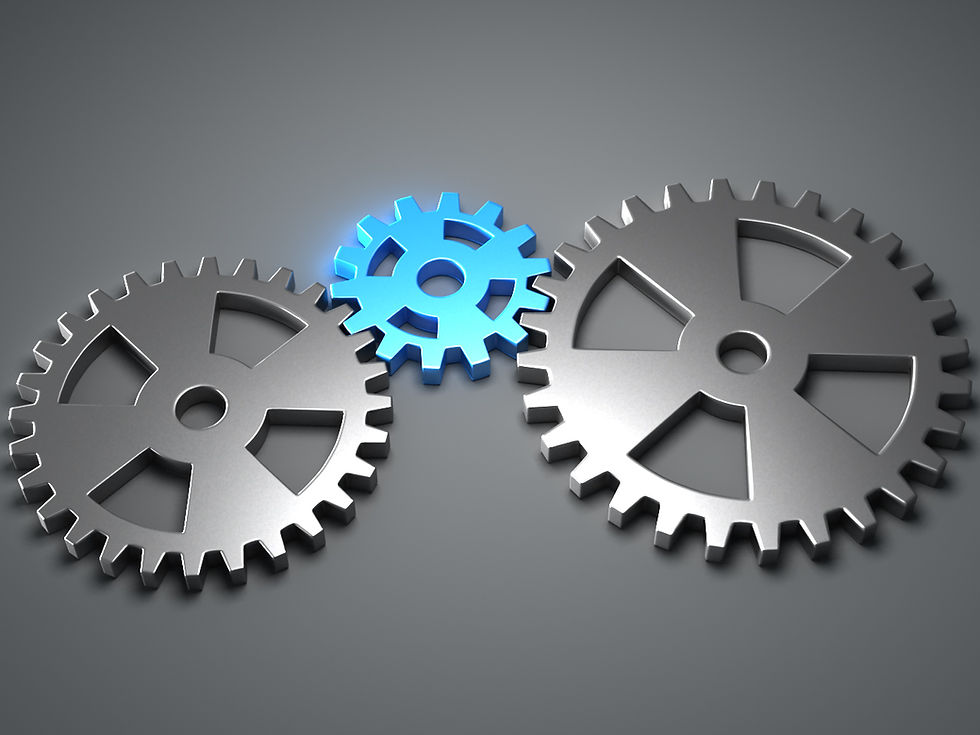Do you work as a team?
- Feb 16, 2018
- 3 min read
This may sound like an obvious question to most people, however I’m not talking about whether you all sit in the same office, are employed by the same company or eat lunch together. Team characteristics go much deeper than just the name and who you sit next to. You must be working to same goal, you must be systemised to create efficiencies, you must be collaborating and you must be learning from each other. Let’s walk this through.

I have written other posts around the importance of building out a business plan and using the whole team to do this. This one is more about the execution of that plan. The team must understand this plan and be working towards its goals. Now I know there is a lot of everyday work that seems disconnected from the business plan, and the day-to-day needs to happen, but if one of your goals is to increase returns for your investors, then allowing properties to fall vacant, and not generate income, is not working towards the plan. As a team you need to ensure you have built out the right systems, procedures and KPIs (Key Performance Indicators) to monitor and drive the plan, and the whole team must support and action this.
This leads me into the systemisation of the business. A cohesive business is systemised. Every task in the business has a system, and a procedure to support it, to ensure these tasks are performed in the most efficient way. This offers continuity and efficiency within the team, which allows staff to go on leave, take training days or call in sick, allowing other team members to, without the grief that normally comes with covering, perform the tasks in the same way that they would. This offers the absentee team member continued momentum in their duties, without coming back to work wondering what has been done and by whom. Most importantly though, a systemised team shares a performance culture and this reflects directly into the service your clients receive from you. If you and your team are feeling pain within your business, I can guarantee you that your clients are feeling it also.
Let’s move onto collaboration. Collaboration is the sharing of knowledge across the team. When I first started working on team collaboration with businesses, I found two things. Some of them said that property managers don’t collaborate, and others said that we all sit together and don’t need to collaborate as we can all hear what is going on. While this is partly true, I would challenge you to explore the framework of collaboration. It will exponentially increase the rate in which your team learn and grow. I see many businesses boasting on their websites that they have a combine 30 years experience. For this to be true, the team must be truly collaborating on ideas and problem solving, in the day-to-day, otherwise your clients only see the experience of the individual team member they are dealing with, not the combined 30 years.
Finally, do you encourage a learning environment. Mistakes happen, they happen in even the best of businesses. The key is to ensure your entire team has the opportunity to learn from each individuals mistakes. Mistakes happen for two main reasons. Your team member has not adhered to correct procedure or the procedure doesn't exist or requires updating. Next time you experience a mistake in your business, I want you to explore this. Did the team member that made the mistake, have the support of a properly documented system or procedure? Don’t hide mistakes or deal with them behind closed doors, use your weekly team meetings to explore what went wrong and how, as a team, you can prevent it from happening again. The mistake then becomes a learning experience for the whole team.
It is in my experience that a true team is engaged and supportive of each other, collaborate with each other and learn from each other. The culture of a performance environment is unmistakably different, and both your team and your customers will feel the benefits of this.
80_jp.jpg)







Comments